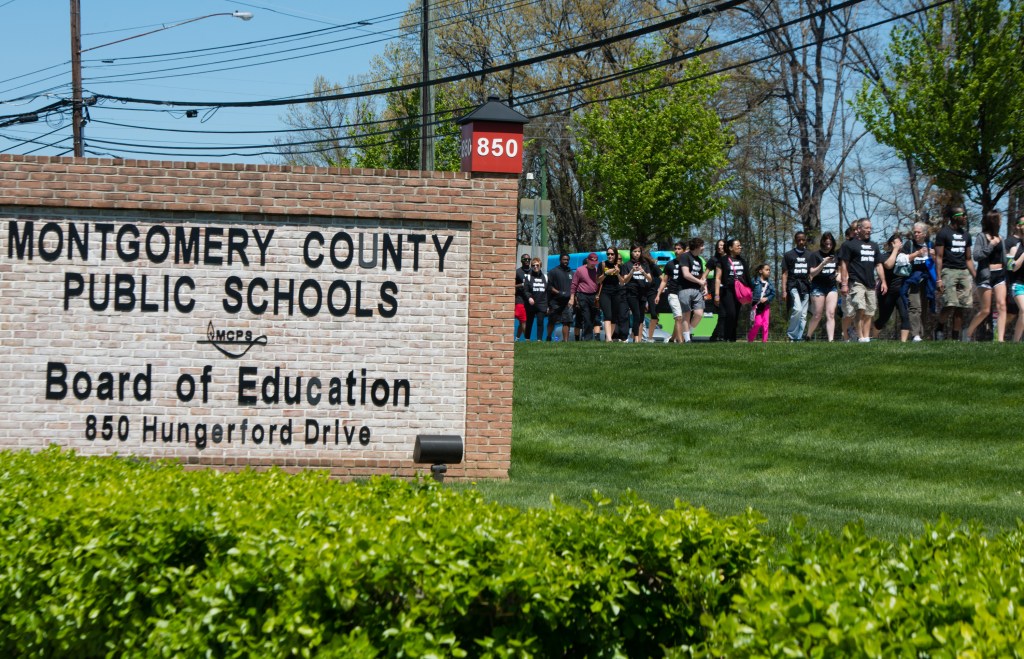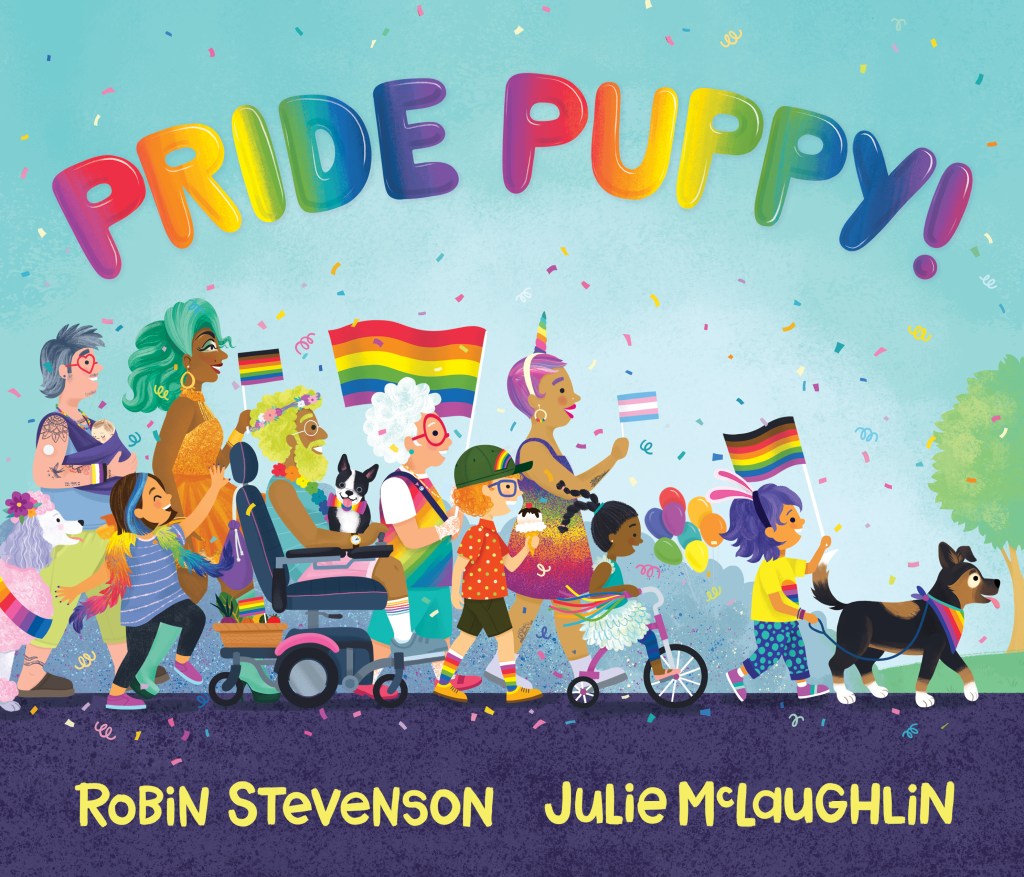 April 22 2025, 08:15
April 22 2025, 08:15 The Supreme Court in the US is set to hear a case on whether parents should be able to remove their children from schools when LGBTQ+ books are being discussed.
On Tuesday (22 April), the Supreme Court will hear the case relating to the issues of religion in a public school system in Maryland, the state of which voted overwhelmingly for Kamala Harris in the 2024 election, and a series of seven brightly coloured LGBTQ+-inclusive books for young children.
The case asks whether the parents’ rights to the free exercise of their faith are impinged if public schools do not allow them to remove their children from classes on the days that such books with LGBTQ+ characters and themes are discussed.
Some of the books include Pride Puppy! By Robin Steenson, a rhyming alphabet book which illustrates Pride parades and the queer community in celebration; Love, Violet by Charlotte Sullivan Wild, an LGBTQ+ picture book narrating friendship and love; Uncle Bobby’s Wedding by Sarah S. Brannen, a positive representation of same-sex marriage; and Born Ready by Jodie Patterson, who shares her son’s real trans experience through the poignant picture book.

Montgomery County Public Schools (MCPS), the largest school system in the state, added the books in 2022 to the curriculum for students in pre-kindergarten (age three or four) through grade five (age 10 or 11). The school system’s lawyers told justices that the “MCPS approved” reading list includes “a handful of storybooks featuring lesbian, gay, bisexual, transgender or queer characters for use in the language-arts curriculum, alongside the many books already in the curriculum that feature heterosexual characters in traditional gender roles”.
“Like all other books in the language-arts curriculum, these storybooks impart critical reading skills through engaging, age-appropriate stories. MCPS adheres to a careful, public, participatory selection process to ensure those criteria are met. That process, followed here, welcomes and incorporates parent feedback.”
The school system initially notified parents when the books were to be discussed, and gave parents the option to remove their children from the sessions. However, MCPS removed the advanced notice and opt-out policy due to administrative difficulties, a rise in absenteeism and fear of “exposing students who believe the storybooks represent them and their families to social stigma and isolation”.
However, parents of various faiths sued the school system, arguing that the books violated the First Amendment’s protection of the free exercise of religion. Their complaint said that the books “promote one-sided transgender ideology, encourage gender transitioning and focus excessively on romantic infatuation”.
The parents are not seeking to have the books removed from school grounds and classes, but wish to protect their children from discussing them. Court papers read that the school system has since removed two of its seven LGBTQ+-inclusive books, including Pride Puppy, as part of a re-evaluation under standard procedures.

Lower courts have previously ruled against the parents. Judge G. Steven Agee, appointed by President George W. Bush, said that “simply hearing about other views does not necessarily exert pressure to believe or act differently than one’s religious faith requires”.
However, Judge A. Marvin Quattlebaum Jr., appointed by President Donald Trump, said the parents’ request was fair. He wrote: “They do not claim the use of the books is itself unconstitutional. And they do not seek to ban them. Instead, they only want to opt their children out of the instruction involving such texts.”
In its Supreme Court brief on the case, Mahmoud v. Taylor, No. 24-297, the school board wrote that the dispute was based on a misunderstanding about what lessons students are intended to take away from the books.
The brief reads: “The storybooks themselves do not instruct about gender or sexuality. They are not textbooks. They merely introduce students to characters who are L.G.B.T.Q. or have L.G.B.T.Q. family members, and those characters’ experiences and points of view.”
The board’s lawyers argue that the book supplements, and does not replace, other classic children’s stories like Snow White, Cinderella and Peter Pan, which also represent families, communities and relationships.
Share your thoughts! Let us know in the comments below, and remember to keep the conversation respectful.
The post US Supreme Court to hear LGBTQ+ books in schools case appeared first on PinkNews | Latest lesbian, gay, bi and trans news | LGBTQ+ news.